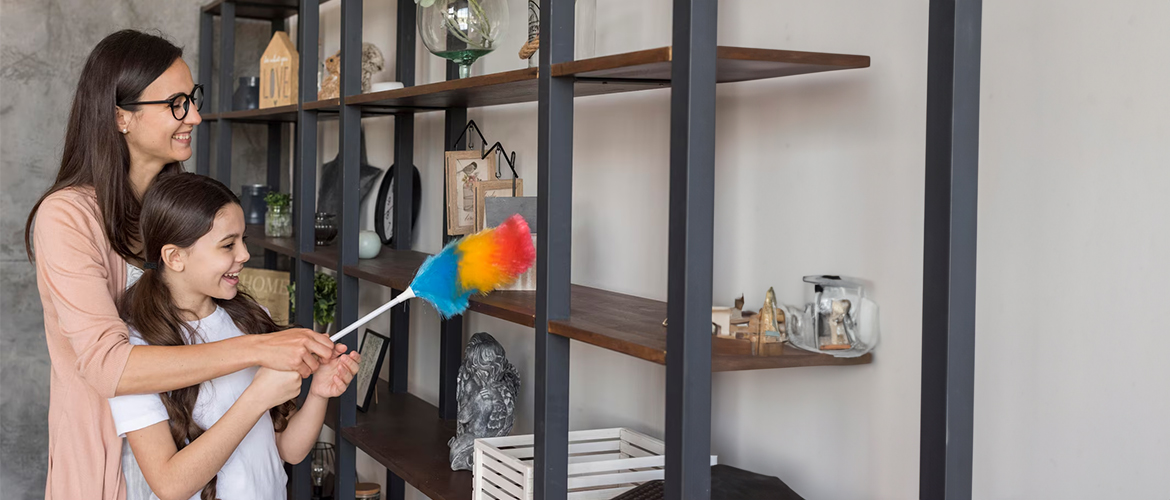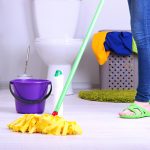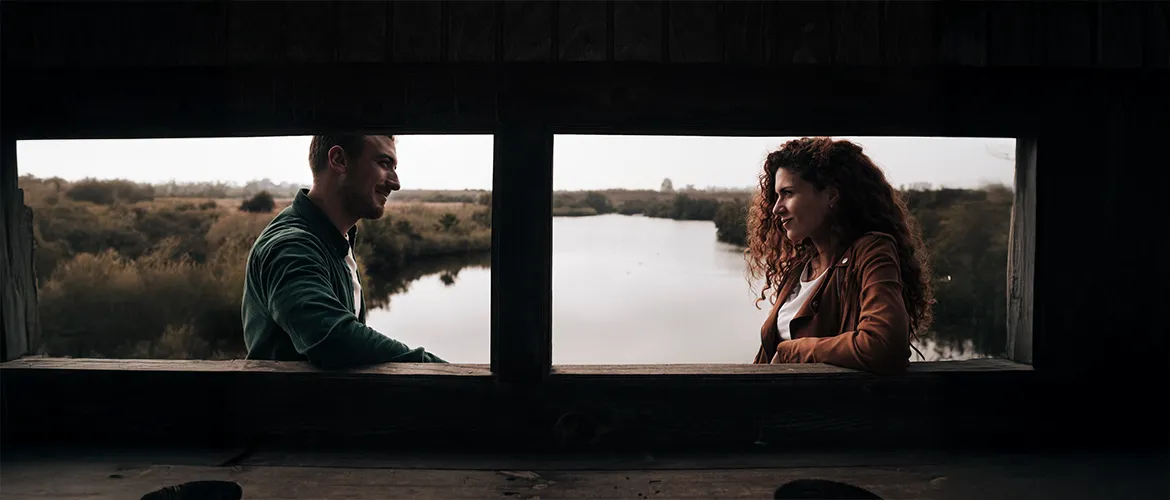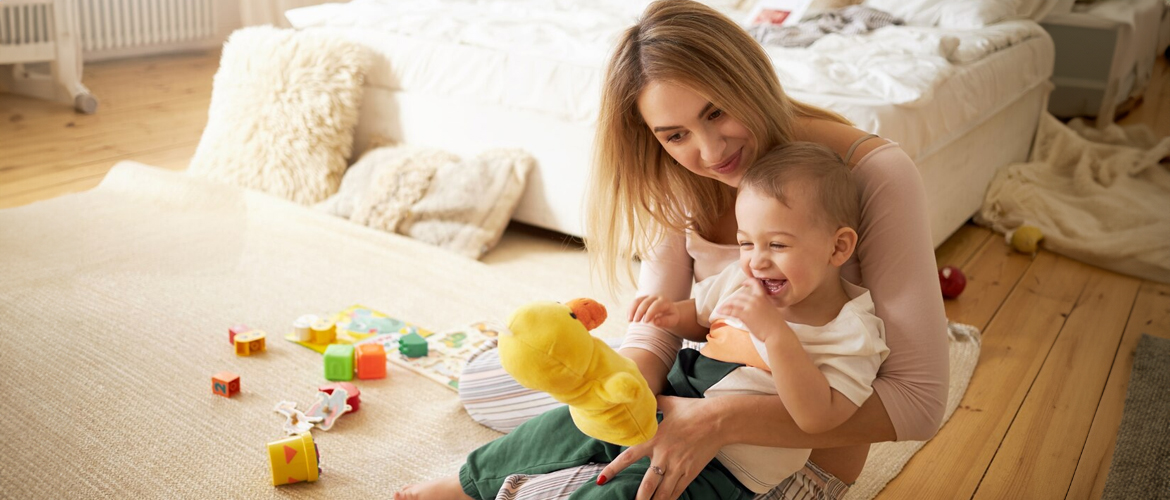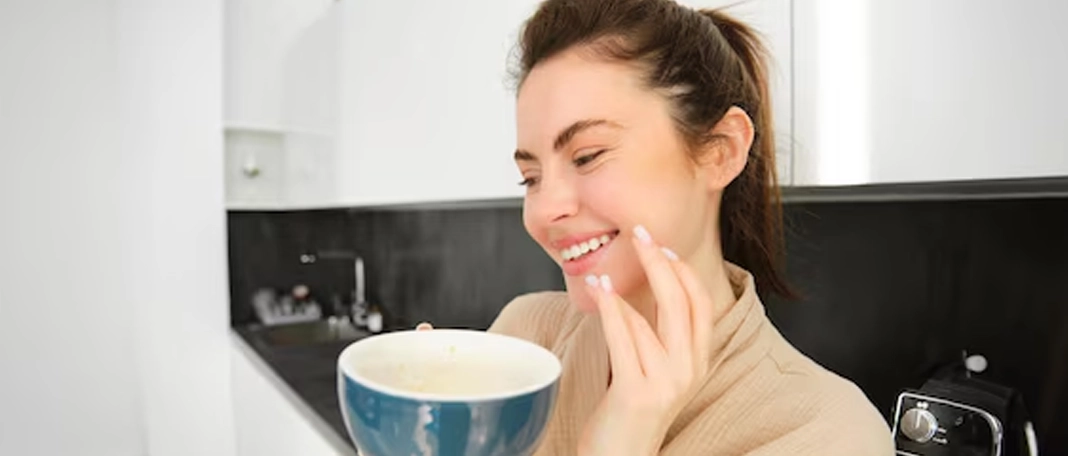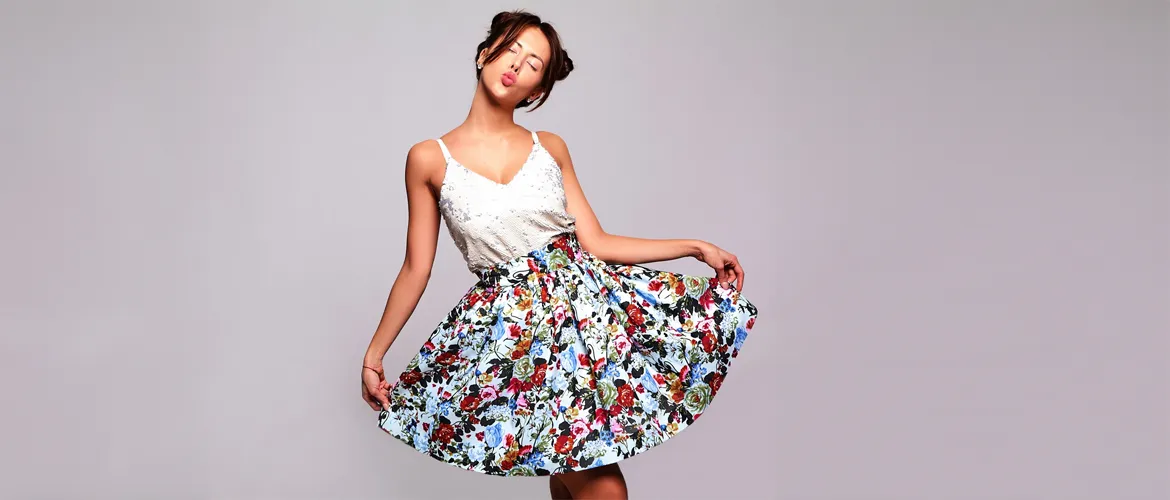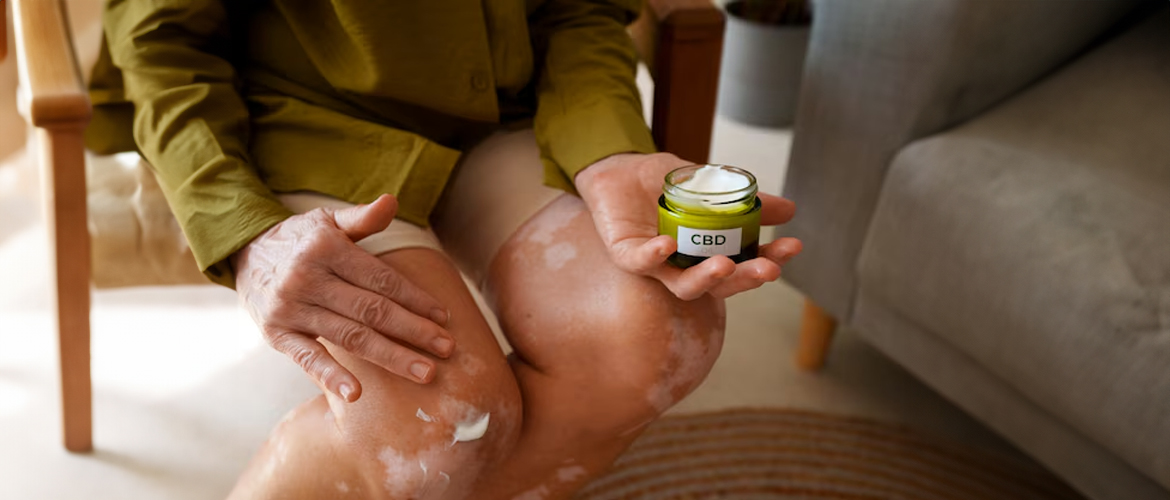Most of us didn’t come out of the womb clutching a mop and color-coded laundry chart. We learned. Usually the hard way. That’s why teaching cleaning skills for kids early is one of the best parenting gifts you can give. It’s like giving them a life skill and a stress reducer wrapped into one shiny chore chart.
Age-Wise Chore Chart
| Age Group | Daily Chores | Weekly Chores |
| 3–5 years | - Pick up toys
- Put clothes in hamper |
- Help water plants |
| 6–8 years | - Make the bed
- Feed pets - Dust low surfaces |
- Organize bookshelf
- Help with grocery sorting |
| 9–12 years | - Do the dishes
- Wipe kitchen counters - Take out trash |
- Mop floors
- Change bed sheets |
| 13+ years | - Laundry
- Vacuum - Clean bathroom - Cook simple meals |
- Clean fridge
- Deep clean bathroom |
Why Should Kids Learn Cleaning Skills?
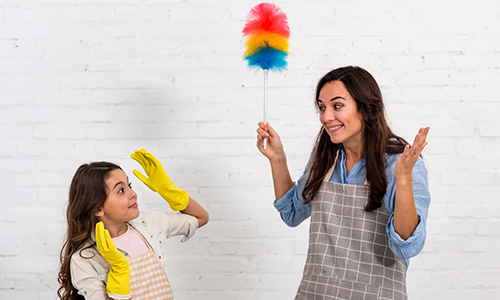
Because one day, you want to visit their apartment and not come back traumatized. But seriously—teaching kids to clean isn’t just about a tidy home. It builds responsibility, time management, and respect for shared spaces (read: they’ll stop blaming the dog for the trail of crumbs).
Plus, it’s empowering. Kids love feeling useful—even if they roll their eyes like they don’t.
When Should You Start Teaching?
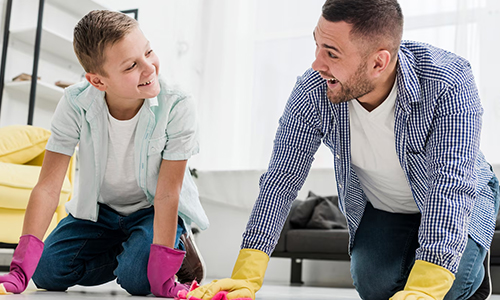
If your toddler can dump a box of toys, they can also learn to put them back. Experts say you can start as early as 2 to 3 years old with simple tasks like putting away books or tossing dirty clothes in the hamper. The goal isn’t perfection—it’s habit-building.
By the time they’re 7 or 8, you can level up to wiping surfaces, light sweeping, or watering plants. Teenagers? You’re aiming for bathroom scrubbing and laundry sorting. (A mom can dream.)
How Do You Teach Cleaning Skills?
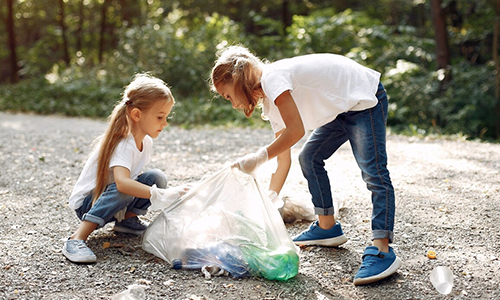
Step one: Lower your standards.
Step two: Make it fun.
Kids aren’t born knowing the difference between a disinfectant and a deodorant spray. So keep instructions simple, use visual chore charts, and turn cleaning into a game (Timer challenge! Cleaning dance party! Gold star reward systems!).
And don’t forget to lead by example. If you scream at socks but expect them to love folding, you’ve lost your audience.
What If They Don’t Want to Clean?
Oh, they won’t. They’re children. But consistent encouragement works better than lectures or bribery (okay, occasional bribery works too). Stick with it. Set boundaries and explain the “why” behind every task.
Example: “If you don’t clean your room, you may lose that sock forever. And its twin is devastated.”
What Should Kids Be Allowed to Use?
Okay for Younger Kids (3-6 years):
- Microfiber cloths for dusting
- Toy sorting baskets
- Water spray bottles (filled with plain water)
- Broom with a short handle
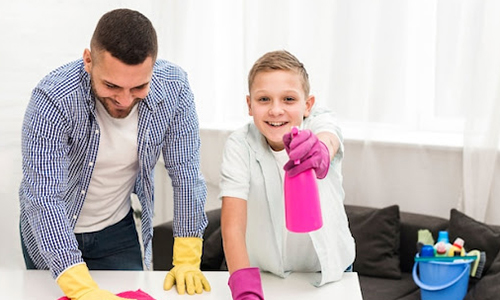
Avoid Until Older (10+):
- Strong cleaning products (hello, toxic fumes!)
- Glass cleaner and bleach
- Electric cleaning tools
- Handling kitchen or bathroom waste
Why? Because we love our kids more than our windows, and their safety comes first.
Challenges? Oh, There Will Be Many.
- They'll “clean” the floor by pushing crumbs under the rug.
- You’ll find Legos in the sock drawer after a major “organizing” session.
- They’ll whine. You'll whine. But you’ll both survive.
Tip: Praise the effort, not the outcome. Kids will mess up. Let them. That’s how habits form—one unevenly folded towel at a time.
Why You Shouldn’t Give Up
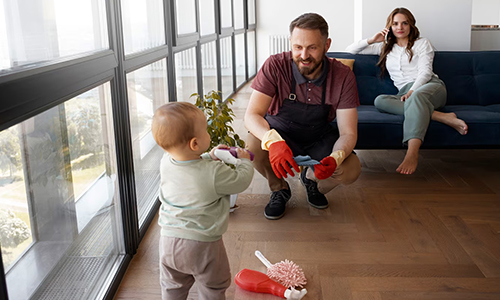
Because the long game is glorious. Imagine a teenager who knows how to clean the bathroom without turning it into a biohazard zone. A college kid who doesn’t bring home six weeks' worth of laundry. An adult who respects their home—and their future roommate or partner.
It all starts with a tiny duster and a bucket of patience.
How Cleaning Skills Help Them as Adults
Cleaning teaches:
- Independence
- Time management
- Personal hygiene
- Problem-solving (How do you get crayon off a wall? Now they know.)
Plus, they’ll save money on professional cleaning services. Win-win!
Raising clean kids doesn’t mean raising neat freaks. It means teaching your children to take care of their environment—and themselves. So go ahead and hand them that tiny broom. Laugh at the mess. Celebrate the wins. And don’t forget to say, “You did such a great job wiping that table!” even when half the table is still sticky.

